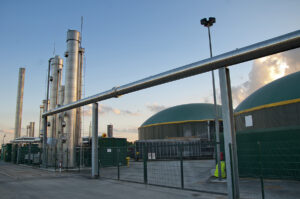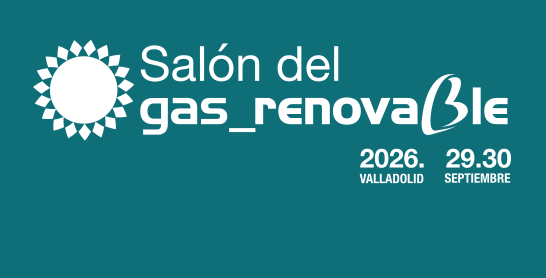Romania prepares emergency ordinance to accelerate biomethane production

Industry observers note that Romania’s extensive gas distribution grid - spanning nearly 60,000 km - could be adapted for transporting green gases such as biomethane, strengthening energy security while supporting national decarbonisation goals.
The draft legislation amends several definitions in the Electricity and Natural Gas Law No. 123/2012 to better integrate biomethane into the energy framework.
It also introduces a clear legal definition for a biomethane producer, setting out both rights and obligations aligned with those of traditional gas producers.
Producers will be required to secure the relevant licences, ensure the safe and environmentally responsible operation of facilities, and meet strict quality and safety standards before injecting biomethane into the grid.
They will also bear the costs of connection, injection facilities, and related infrastructure.
In return, producers will gain rights such as access to distribution networks, the ability to market their output, and the option to develop technical rules for their operations.
The ordinance aims to establish a functional biomethane market, reduce reliance on landfills, and support EU climate objectives under the European Green Deal and RED III.
According to the European Biogas Association, Romania has the potential to become a major player in the European biomethane sector - ranking sixth in the EU by 2030 with an estimated capacity of 2 bcm per year, and seventh by 2050 with output projected at 8 bcm annually.
National targets outlined in the Energy Strategy 2025–2035 include integrating 5% biomethane into the gas grid by 2030 and 10% by 2050, with significant contributions expected from agricultural residues and organic waste.


















